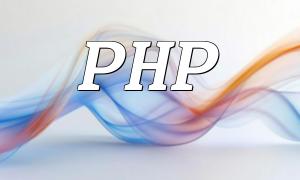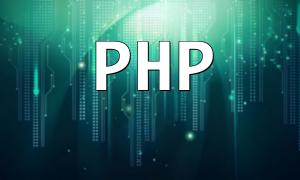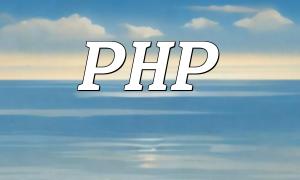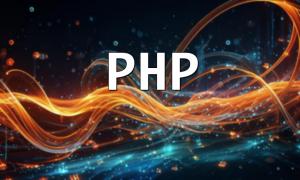PHP, as a popular server-side programming language, is widely used in web development. However, like all technologies, PHP faces certain security risks. If developers overlook these issues, the application may be vulnerable to attacks, compromising data security and user privacy.
SQL Injection
SQL injection is one of the most common security vulnerabilities. Attackers can inject malicious code into SQL queries, allowing them to perform unauthorized operations on the database, leading to data leakage, corruption, or tampering.
Cross-Site Scripting (XSS)
XSS attacks execute malicious JavaScript code in the user's browser, which may steal cookies, session information, or even redirect the user to malicious websites.
File Upload Vulnerabilities
File upload is a common feature in PHP applications. If file uploads are not properly validated, malicious files may be uploaded to the server, giving attackers control over the server.
Insufficient Input Validation
If PHP applications fail to properly validate and filter user inputs, malicious users can submit harmful code or data, exploiting vulnerabilities in the system.
Improper Session Management
Unsafe session management can allow attackers to hijack session IDs, impersonate users, and perform unauthorized actions.
CSRF (Cross-Site Request Forgery)
CSRF attacks exploit the trust of the victim's browser, tricking the user into performing unauthorized actions on a website without their knowledge.
Improper Escaping of Special Characters
PHP uses special characters to represent specific symbols. If these characters are not correctly escaped, attackers might inject malicious code or bypass input validation.
Unencrypted Communication
If PHP applications use the unencrypted HTTP protocol for data transfer, attackers can easily intercept and steal sensitive user data.
Outdated PHP Versions
Using outdated PHP versions means missing important security patches. Running older PHP versions increases the risk of the application being attacked.
To effectively address the above security issues, developers can adopt the following protective measures:
PHP does have certain security risks, but by following best practices, developers can significantly mitigate these risks and improve the security of their applications. By ensuring encrypted communication, proper input validation, secure session management, and other protective measures, developers can protect their applications from common security vulnerabilities and ensure the safety of user data.









